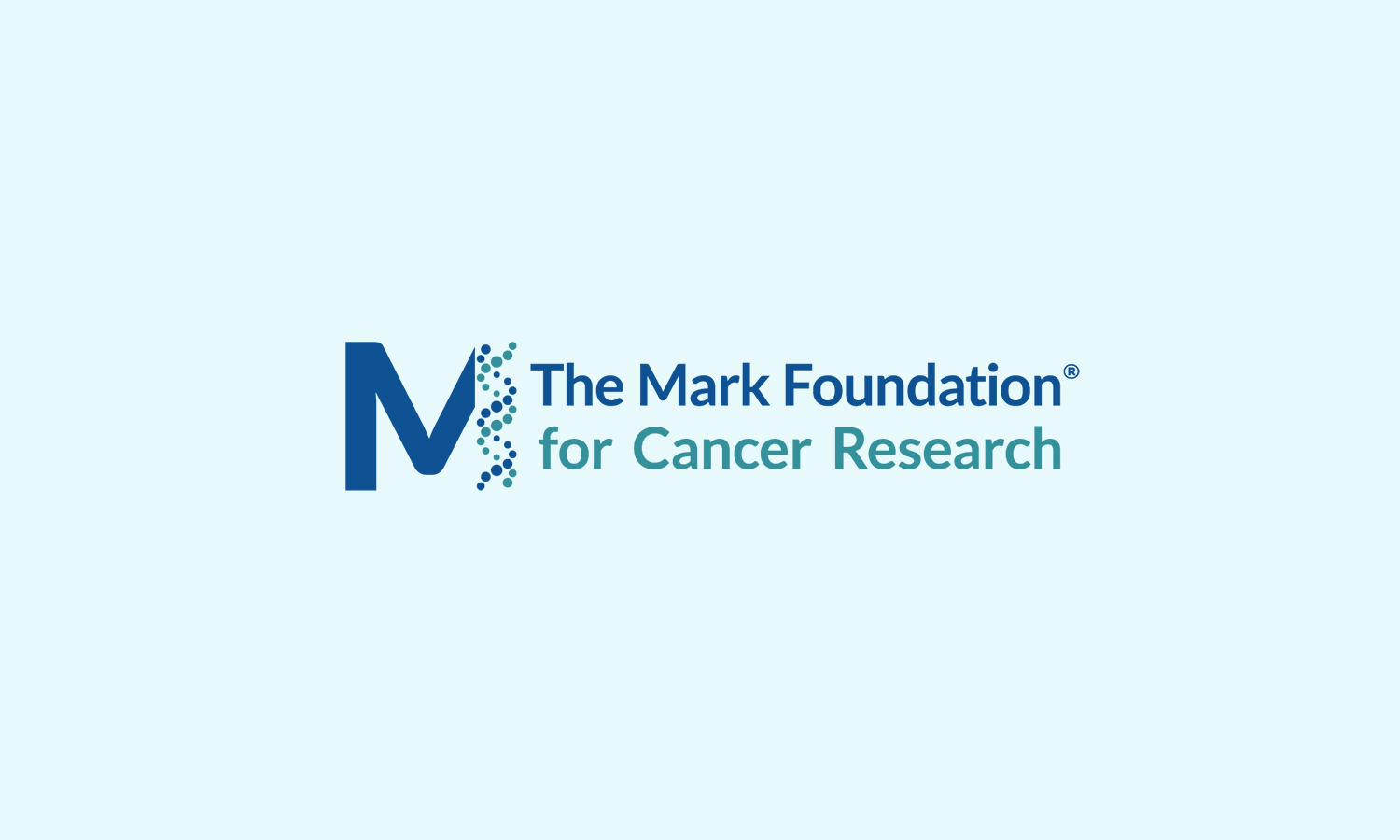Since 2015, The Mark Foundation for Cancer Research has awarded more than $90 million in grants to accelerate research that will change the way cancer is treated. With two of these grants, totaling more than $1.7 million, Dana-Farber investigators are exploring new, more effective treatments for pediatric cancers.
Kimberly Stegmaier, MD, vice chair of pediatric oncology research and the Ted Williams Chair at Dana-Farber, previously identified the USP7 enzyme as a target in Ewing sarcoma, a rare tumor that forms in the bones or soft tissues of children and adolescents. Three Dana-Farber researchers—Sara Buhrlage, PhD, Jarrod Marto, PhD, and Stegmaier—are now working together to develop a best-in-class USP7 inhibitor into a drug candidate and demonstrate its efficacy in preclinical models of Ewing sarcoma. USP7 interferes with the disposal of abnormal proteins in a cell, thus fueling malignancy. There are currently no USP7 inhibitors in the clinic or in latter stages of development.
“The Mark Foundation’s generosity is allowing my colleagues and me to advance the development of our USP7 inhibitor so it can benefit patients in the clinic,” said Buhrlage, an inaugural recipient of one of The Mark Foundation’s Drug Discovery Awards. “We are grateful for their support of this exciting work.”
To accomplish this, the researchers are combining Buhrlage’s expertise in medicinal chemistry and chemical biology, Marto’s in chemical proteomics and mass spectrometry, and Stegmaier’s in preclinical models and the biology and treatment of Ewing sarcoma. “The success of a USP7 drug in the treatment of patients with Ewing sarcoma would represent a major breakthrough, offering a precision medicine for this difficult-to-treat cancer,” said Stegmaier.
The Mark Foundation is also supporting the work of Hannah Uckelmann, PhD, who is studying ways to treat premalignant cells that can progress into acute myeloid leukemia (AML). She and her colleagues recently showed that NPM1-mutant clones progress to give rise to AML and that these cells also develop dependencies on the MLL gene and a related protein called menin. NPM1 mutations are commonly found in both pediatric and adult AML. Uckelmann is investigating the changes that occur as cells shift from normal blood stem cells to preleukemia and leukemia cells and how they respond to menin-MLL inhibitors at different stages of disease progression. Her findings have led to a phase 1/2 clinical trial of menin-MLL inhibition in patients with NPM1-mutant leukemia.
“These are exciting projects that will lead to advances for pediatric cancer patients,” said Ryan Schoenfeld, vice president for scientific research at The Mark Foundation. “We are proud to partner with Dana-Farber, an institution that shares our mission of supporting research that will transform the prevention, diagnosis, and treatment of cancer.”



